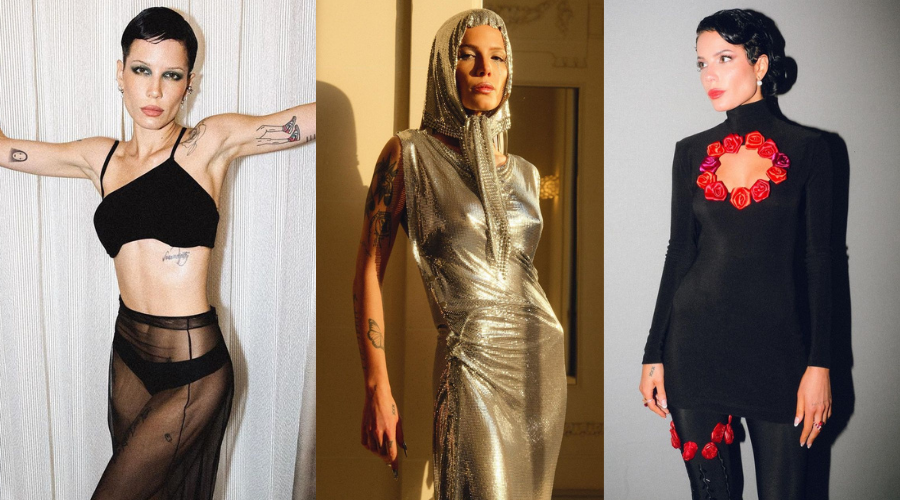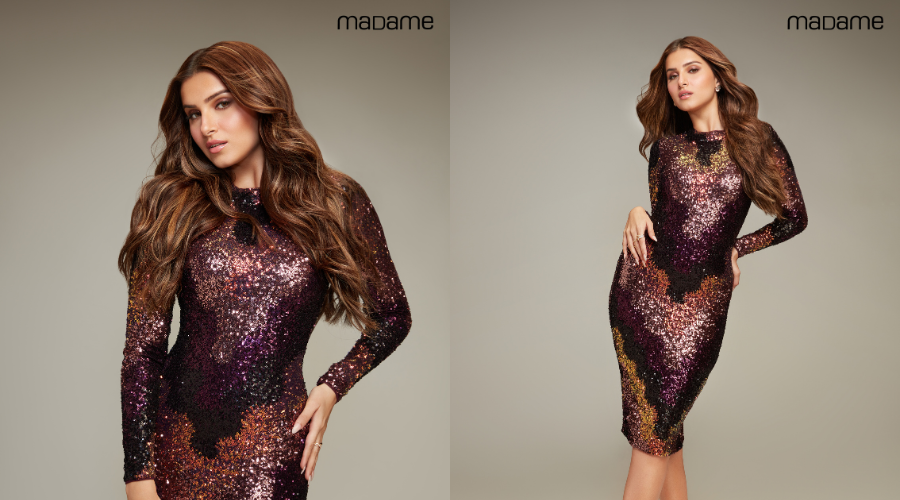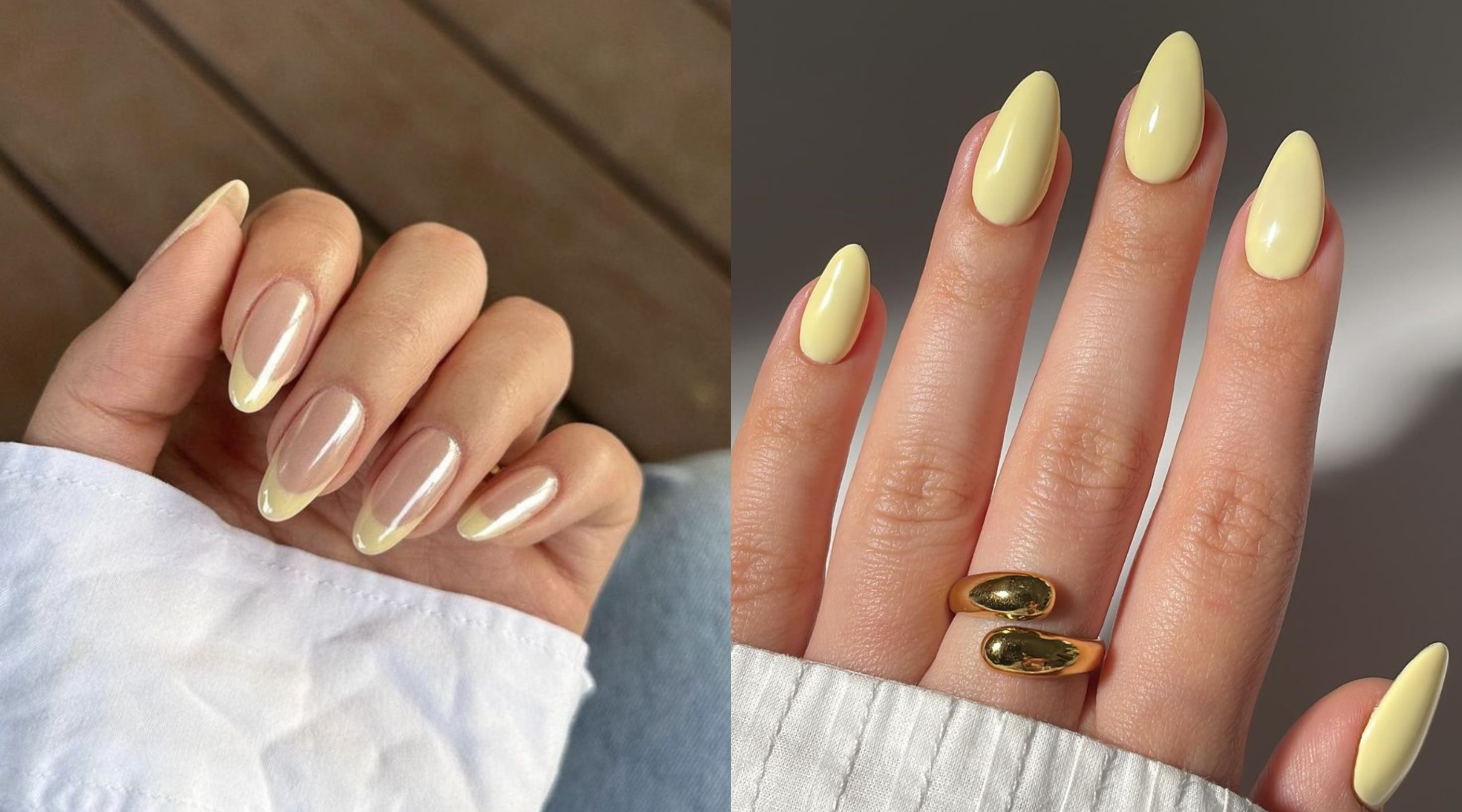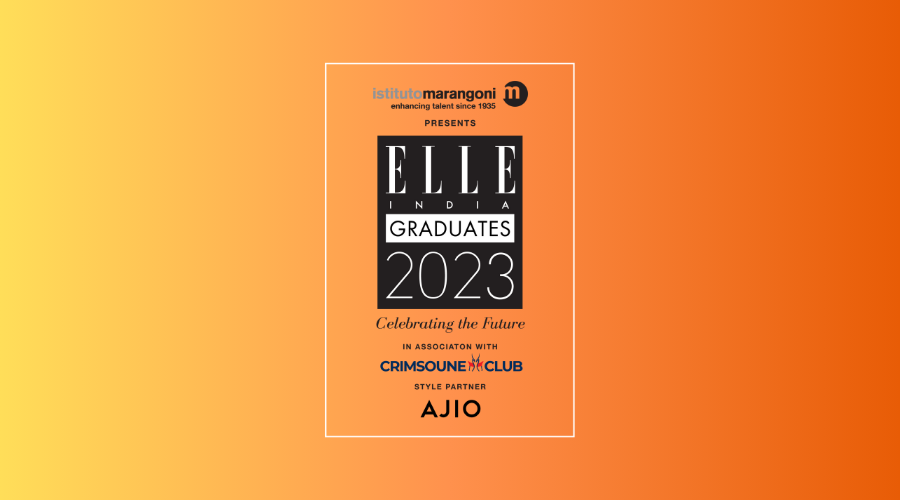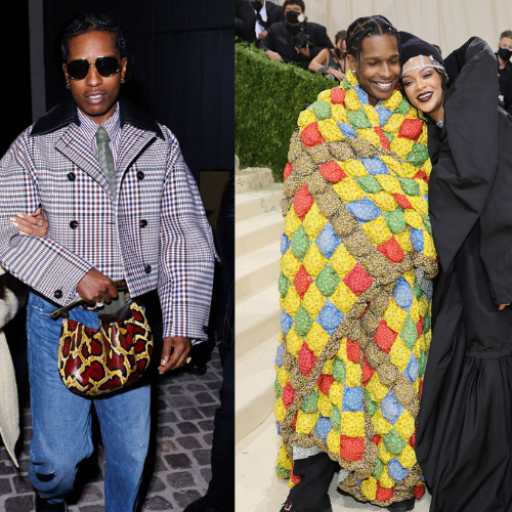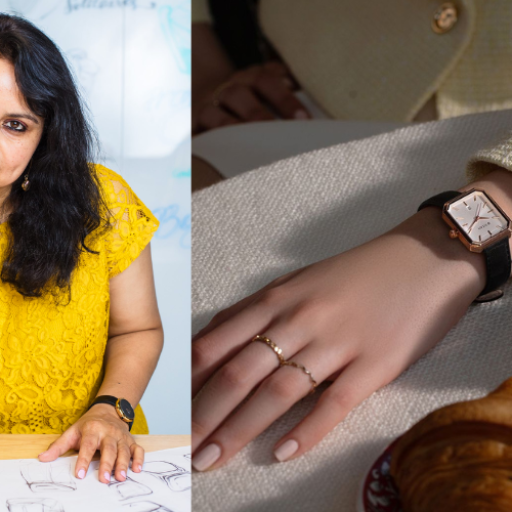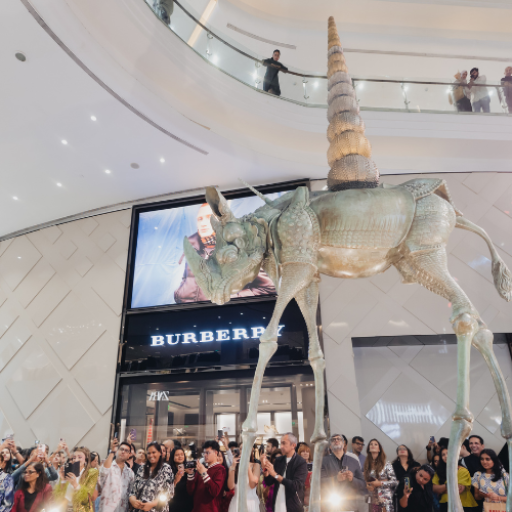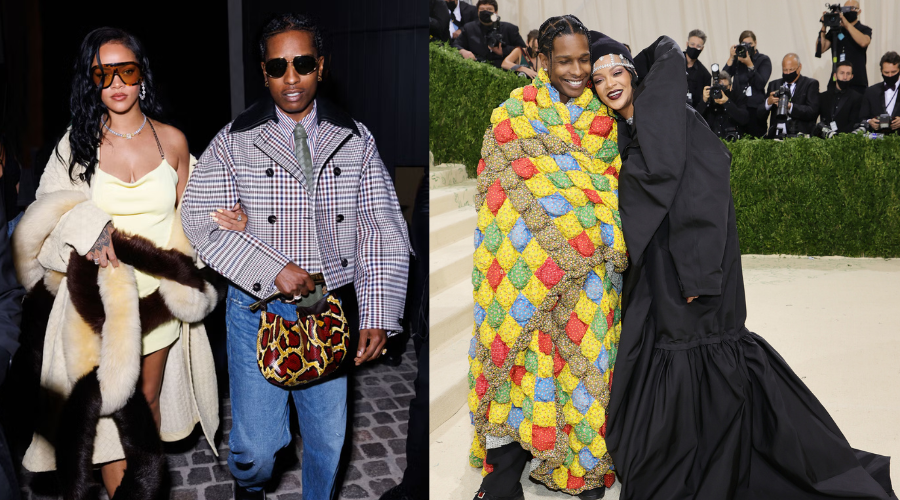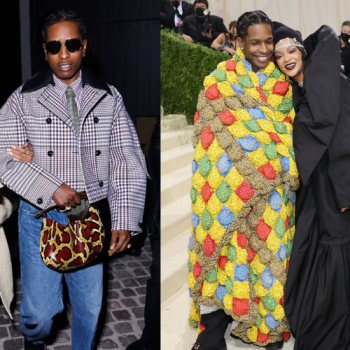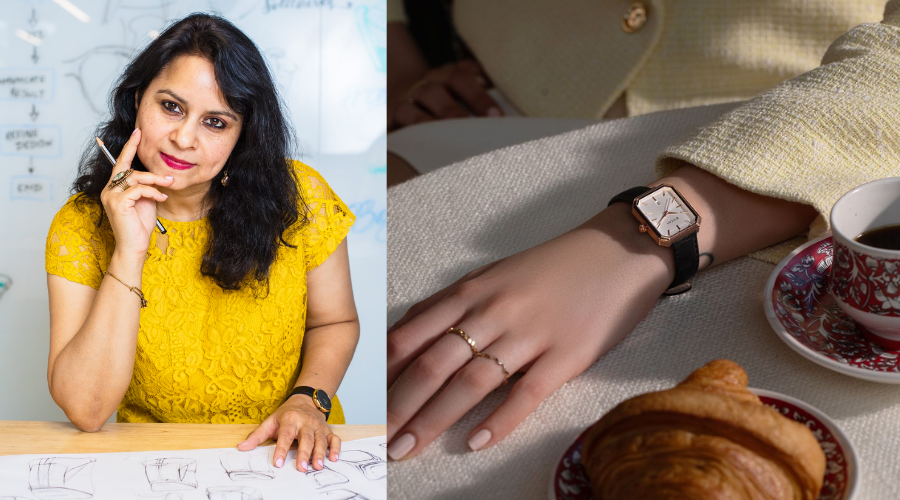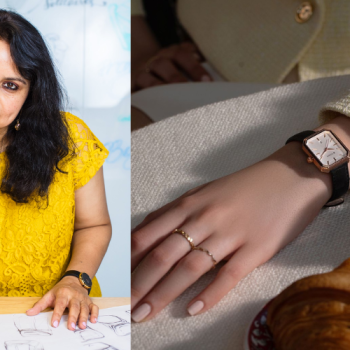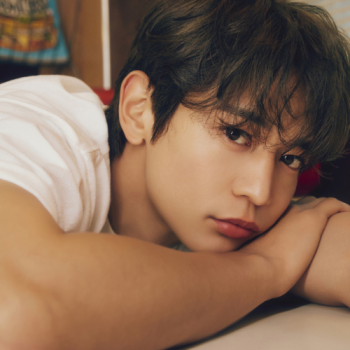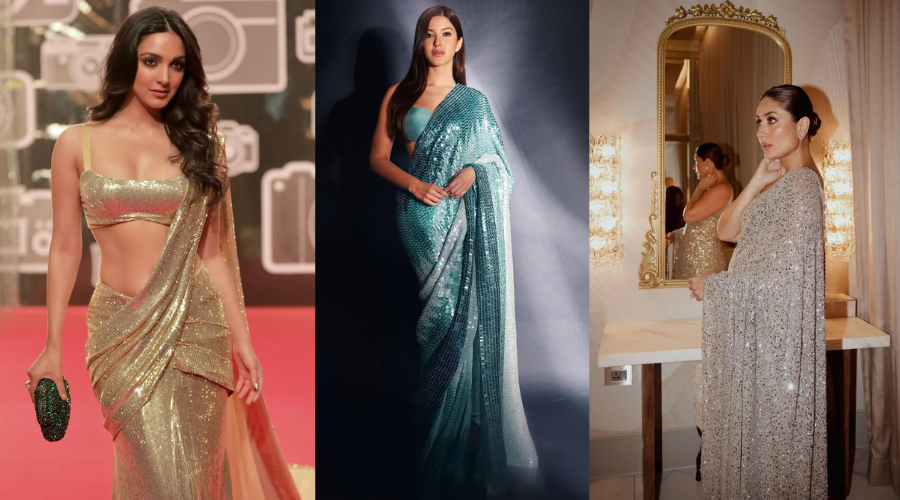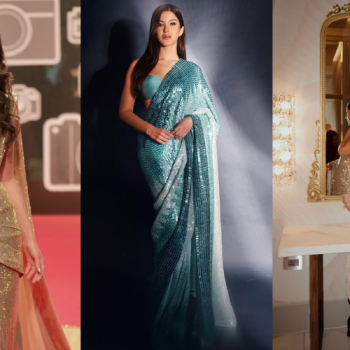One of the first fashion designers to introduce her personal ethics of vegetarianism into her business at a time when the concept was unheard of and even ridiculed at, Stella McCartney’s efforts have finally paved way for a successful sustainable venture. The designer will now be the proud recipient of a Special Recognition Award For Innovation at the British Fashion Awards 2017 that will take place on December 4.
Since the launch of her fashion label in 2001, Stella has been steering clear of using zero animal products from her collections — no leather, no fur, no skin — while constantly working on sustainable sourcing practices and on material innovation. “This is the future of fashion — the fact that we can use less water, less energy, use our land, our resources and the planet’s resources in a more efficient way. I think it’s fascinating and it’s the only way forward,” Stella recently said.
Using eco-friendly fabrics
The designer has, over the years, been using materials like vegetarian leather, regenerated cashmere and organic cotton in her collections. In her fall winter 2017 Adidas by Stella McCartney collection, she incorporated Parley ocean plastic yarn, a fabric that has been recycled out of plastic intercepted on the shores of the ocean. She is also the only luxury fashion designer who uses viscose that is sustainably sourced from forests: “We just spent three years developing it because viscose is made from trees and 100 million trees got cut down for fashion last year and now, it’s up to 150 million this year, so sadly it’s increasing,” she said in a recent interview.
Collaborating to promote ethical fashion
Stella joined hands with Adidas in 2005 where they launched a spring summer collection that partnered fashion with sportswear, keeping in mind the eco-friendly philosophy. The range started out by using sustainable materials like organic cotton and recycled yarn, while innovations like the DryDye technology were introduced that saw zero usage of water to dye clothing. From initially using products that ensure negligible wastage for the spring summer 2014 collection to finally mastering 100 percent recycled polyester workout gear in the fall winter 2017 collection, Stella has navigated through a maze that other designers are still figuring out.
Partnerships to innovate on new-age fabrics
Stella is currently working on developing cruelty-free silk with Bolt, a company in San Francisco that grows silk threads in laboratory.
Stella has also joined hands with a recycling partner Econyl, where she sources virgin quality recycled nylon. Another partnership is with a designer consignment site called The RealReal that sells used products at low rates, and yet another one is with TIPA that specialises in sustainable packaging that decomposes 180 days.


